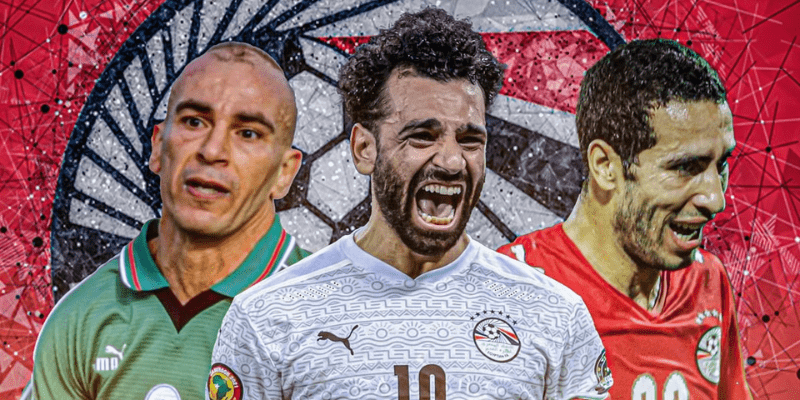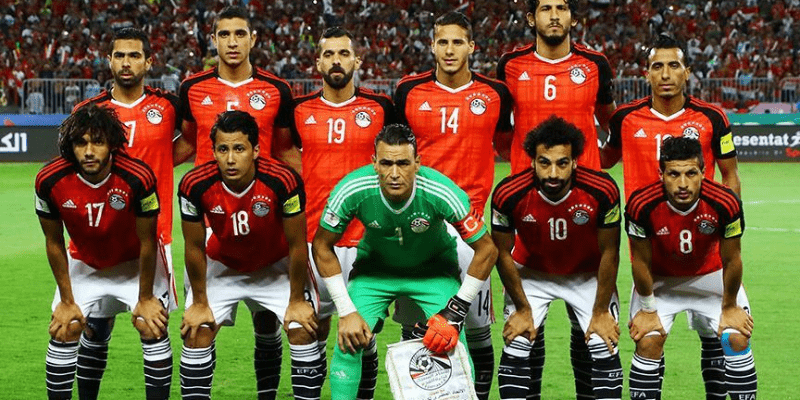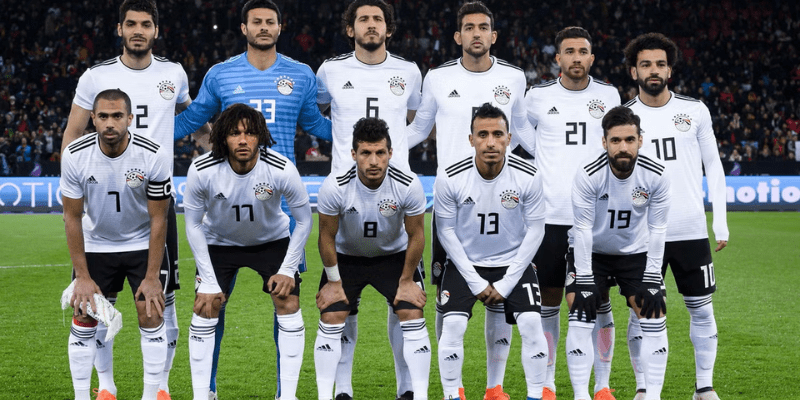In the annals of Egyptian football, names like Mido, Mohamed Salah, and Ahmed Fathy evoke legends. Among clean sheets, dribbles, and dazzling goals, there is a record often whispered: who holds the title of youngest player to play for Egypt national team? In this article, CantoKick will journey through history, scrutinize the data, and crown the youngest Pharaoh ever to don the national shirt.
The Search for a Young Debut

When you look at national team records, most federations highlight “youngest debutants” as milestones of faith in youth. Egypt is no different. To identify the youngest player to play for Egypt national team, we explore several statistical archives and match logs., the youngest recorded debutant is Mohammed Ali, who made his first appearance at 17 years and 191 days on 20 August 2002 versus Uganda.
That number is striking, but it’s complicated by other documented cases and divergent sources. Let’s dive dee.
Main Contenders and their Debut Ages

Mohammed Ali (17y 191d)
The official list of “youngest Egypt players” shows Mohammed Ali leading, making his debut on 20 August 2002age 17 years and 191 days. If confirmed, that places him as the record-holder by a comfortable margin in that dataset. But many Egyptian football fans and media suggest alternative candidates.
Ahmed Fathy (17 years old)
Among famous names, Ahmed Fathy is often cited as “Egypt’s youngest-ever international.” He was capped in 2001, around when he was 17, in a match versus South Africa. Sources claim Fathy’s early call-up came even before he had firmly established his club career at Ismaily. kipedia])
However, the precise date and age at debut in relation to Mohammed Ali’s figure are not universally consistent across sources. Some sources cast doubt on whether Fathy’s debut came earlier than Ali’s record.
Mido (Ahmed Hossam)
Many fans assume Mido had one of the youngest debuts, given his early rise. He did make his first appearance for Egypt in 2001, when he was about 18. But in the statistical lists of youngest players, Mido is not shown as the youngest. So while Mido’s legacy is immense, he is not widely recognized as holding that youngest-debut record.
Other Names (Ramadan Sobhi and Others)
Another younger debutant is Ramadan Sobhi, who made his debut at 17 years, 11 months, and 18 days—thus becoming the second-youngest to appear for Egypt, behind Mido in some accounts. Wider lists (in the 11v11 records) place Sobhi in the young bracket, but not number one.
Beyond these, many names in the statistical list appear with an age of 19 or older.
Reconciling the Records

After examining multiple sources, here’s a summary of what emerges:
| Player | Debut Age | Match / Date | Notes |
| Mohammed Ali | 17y 191d | 20 Aug 2002 vs Uganda | Listed at top in Egyptian national team youngest-player list |
| Ahmed Fathy | ~17 years | 2001 vs South Africa | Frequently cited in media as “youngest debut,” though specific age vs Ali is debated |
| Ramadan Sobhi | 17y 11m 18d | 14 June 2015 vs Tanzania | Often considered the second-youngest after the top record |
| Mido | ~18 years | 2001 | Legendary but not documented as youngest ‒ appears later in lists |
The official statistical listing names Mohammed Ali at 17 years and 191 days as youngest player to play for Egypt national team. Fathy’s status often appears in narrative accounts and media stories, and might reflect older or less formal records or youth-call circumstances, but the structured lists put Ali at the top.
Thus,, Mohammed Ali currently holds the formal record as the youngest player to play for Egypt national team.
Why This Matters: Youth, Opportunity, and National Identity
Why does this statistic matter? Because the decision to field a teenager for the senior national team is a bold statement. It reflects trust, ambition, and belief in future generations.
History shows:
- Young debutants often carry heavy expectations: they become symbols of regeneration.
- Some thrive, others fade or plateau.
- It also speaks to the national team’s willingness to innovate, take risks, and invest in players they believe in—even before their club reputations are fully cemented.
It’s telling that many young debutants come in friendlies or lower-stakes qualifiers, often as substitutes. Their minutes are limited, but the stamp is made — “you’re ready, you belong.”
Challenges in Verifying Young Records
Records of “youngest” are notoriously tricky. Some of the challenges:
- Incomplete archival data — older matches may not have accurate documentation of player birthdates or match minutes.
- Unofficial matches — appearances in non-FIFA friendlies or B-team exhibitions might be counted differently.
- Early call-ups vs actual field time — being on the squad vs stepping onto the pitch matters.
- Discrepancies in sources — media narratives often romanticize the youngest debut, sometimes misquoting ages or matches.
Because of these factors, narratives sometimes place Ahmed Fathy ahead of Mohammed Ali — especially in Egyptian media and recalling memories. But structured databases lean to Ali as the youngest recorded.
After the Debut: Careers That Followed Early Call-Ups
Once the torch is lit, what comes next for a teenager who makes the national team?
- Ahmed Fathy turned early promise into an illustrious career: over 130 caps, multiple Africa Cup of Nations titles, and leadership roles.
- Ramadan Sobhi has had a roller-coaster path: moves to Europe, comeback stories in Egypt, and battles with consistency.
- Mido carved a legendary career across top leagues, though his senior debut wasn’t the youngest and his later controversies blurred his international legacy.
These stories underscore that a record-breaking debut is just the start; longevity, adaptation, performance under pressure — those separate the greats.
Final Thoughts
The youngest player to play for Egypt national team remains a fascinating record—a blend of trust, timing, talent, and historical documentation. Based on statistical records, Mohammed Ali, at 17 years and 191 days on 20 August 2002, claims that title. Ahmed Fathy’s case is compelling in narrative accounts and media lore, but official lists place him slightly behind.
If you’ve landed here because you were curious or skeptical, remember: football history is full of debates, legends, and varying sources. But the record books, for now, tell us: it’s Ali’s name atop that list.
So, dear reader, now you know who holds that title. If you want to explore details of those young debutantes — how their careers evolved, what it takes to break into a national side as a teenager — let me know. CantoKick is ready to dig deeper.



